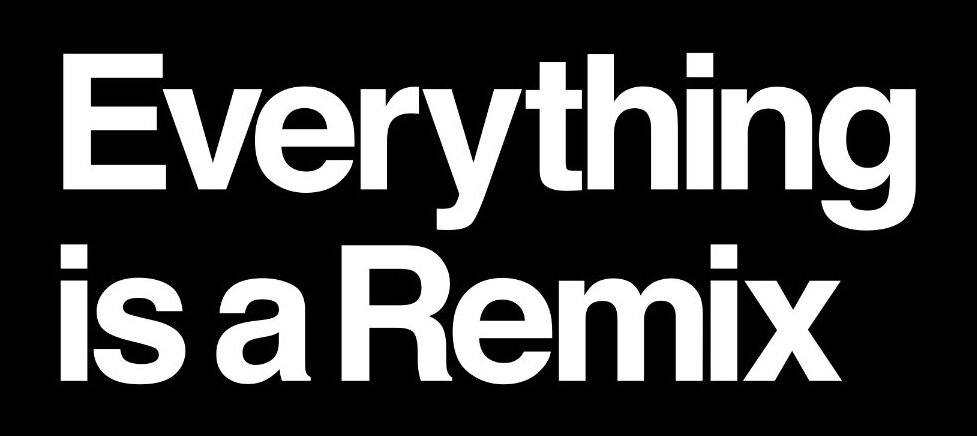Originality Matters. But What Is It?
Bruce Willis in Pulp Fiction
Originality is a misleading concept. All new works, no matter how radical they seem, are derived from past works.
Like all young film nerds of the nineties, Pulp Fiction blew my frickin’ mind. The film was basically a long sequence of things I’d never seen before.
That Sam Jackson interrogation in the apartment
That sweet, awkward dance scene
A major character dying early (sure, I’d seen it a couple times – Psycho, To Live and Die in LA – but it was a rarity)
The gimp, the dungeon
The adrenaline shot
And most of all, the nonlinear structure
Pulp Fiction inspired many filmmakers, Guy Ritchie, Edgar Wright, and P.T. Anderson among them. And it influenced countless films, most noticeably with its nonlinear style, which was taken even further in the likes of Run Lola Run and Memento.
Love him or hate him, Tarantino is an original, to the point that he’s become his own genre.
And yet Tarantino is also derivative.
One of the later revelations that led to the idea of Everything is a Remix was my discovery of how Tarantino creates, which I would describe as steal liberally.
His first film, Reservoir Dogs, shared a lot of plot similarities with the Hong Kong action film, City on Fire (a far less notable film, by the way).
Tarantino’s later film, Kill Bill, was a brazen mash-up of dozens of martial arts films. I explored that in the original Remix series.
I later learned how Pulp Fiction was a stew of influences and some of the stand-out elements even had specific sources.
The Band of Outsiders dance scene is the inspiration for the one in Pulp Fiction
That sweet, odd dance scene had the same feel as the dance scene in Band of Outsiders.
One of the tensest scenes in the film, the adrenaline shot, was based on a moment from an early Martin Scorsese doc.
And that striking nonlinear style was a prominent element in loads of film noir, including Stanley Kubrick’s The Killing.
And yet, Pulp Fiction is original, Tarantino is original.
When something gets called “original” it simply means it seems original. It hit some sort of threshold where its novel qualities are far more striking than its familiar qualities. It doesn’t mean the work as a whole is without precedent.
Originality in that sense not only exists, it’s a vital quality of great creative work. Originality is one of the most enthralling and exciting features you can achieve. All the great filmmakers – Kubrick, Hitchcock, Bergman, Kurosawa, Spielberg, Lynch – are originals.
How does one achieve originality? I’ll explore that next time.


